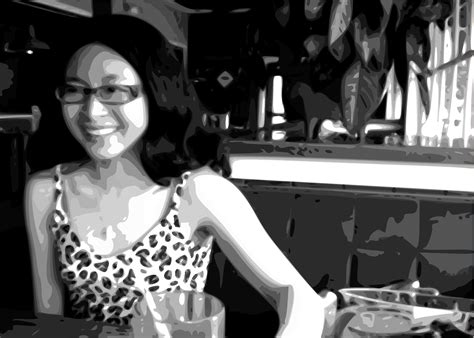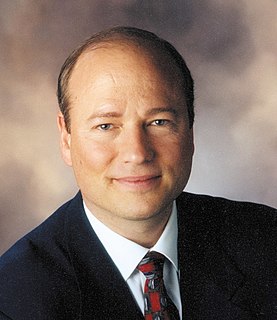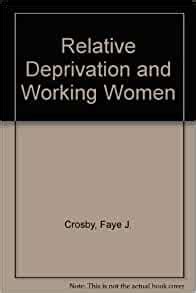A Quote by Mary Dillon
At the end of the day, especially in retail, you've got humans serving humans. And really, the more engaged and happier the associates are, the happier our guests are. It's not complicated.
Related Quotes
Nin knew how much humans loved money, riches, and material things-though he never really could understand why. The more technologically advanced the human species got, the more isolated they seemed to become, at the same time. It was alarming, how humans could spend entire lifetimes engaged in all kinds of activities, without getting any closer to knowing who they really were, inside.
Happier thoughts lead to essentially a happier biochemistry. A happier, healthier body. Negative thoughts and stress have been shown to seriously degrade the body and the functioning of the brain, because it's our thoughts and emotions that are continuously reassembling, reorganizing, re-creating our body
When we transcend we are diving into a field of unbounded creativity. This is real creativity and when we experience that and grow in that, we can more easily find solutions to problems. We can get ideas for whatever it is we're working on. And we will get happier by transcending every day and we will find that we're happier doing almost anything. We'll get more energy to do our work.
When men and women across the country reported how happy they felt, researchers found that jugglers were happier than others. By and large, the more roles, the greater the happiness. Parents were happier than nonparents, and workers were happier than nonworkers. Married people were much happier than unmarried people. Married people were generally at the top of the emotional totem pole.
When humans act like animals, they become the most dangerous of animals to themselves and other humans, and this is because of another critical difference between humans and animals: Whereas animals are usually restrained by the limits of physical appetites, humans have mental appetites that can be far more gross and capacious than physical ones. Only humans squander and hoard, murder and pillage because of notions.
All experiments that are related to the games when you have humans versus machines in the games - whether it's chess or "Go" or any other game - machines will prevail not because they can solve the game. Chess is mathematically unsolvable. But at the end of the day, the machine doesn't have to solve the game. The machine has to win the game. And to win the game, it just has to make fewer mistakes than humans. Which is not that difficult since humans are humans and vulnerable, and we don't have the same steady hand as the computer.

































